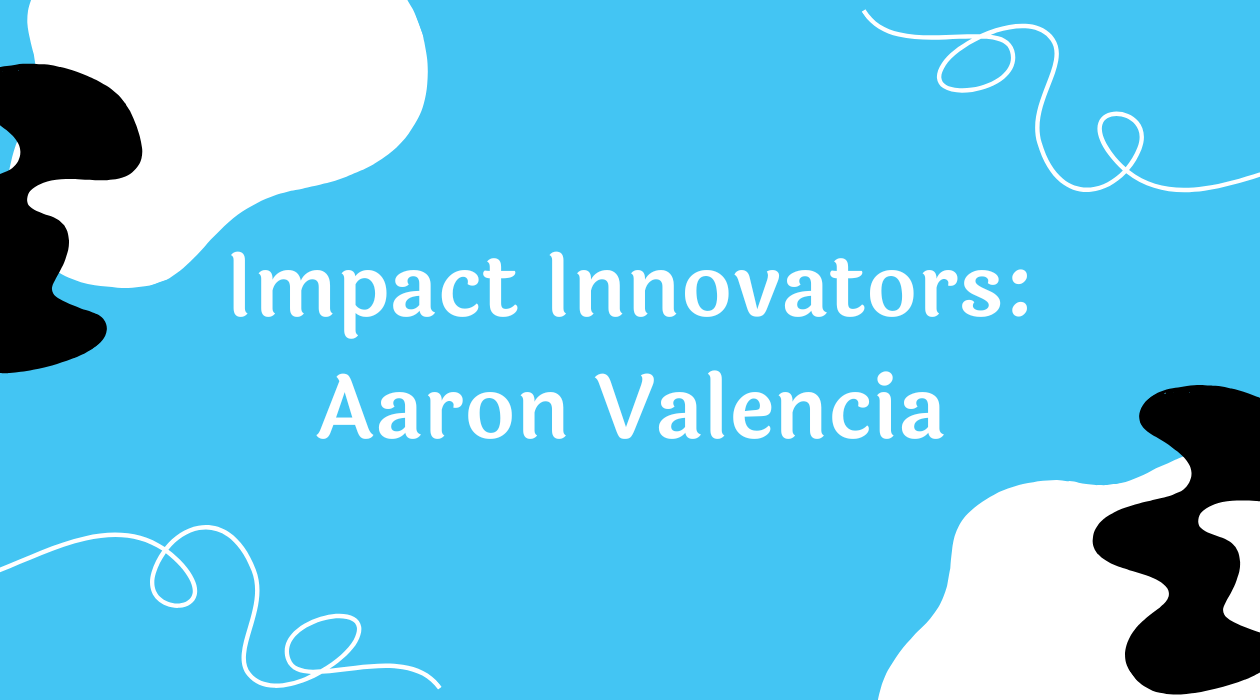From Boyle Heights to the executive director’s seat, Henry Perez has spent nearly two decades...

Aaron Valencia on Vocational Empowerment, Mental Health, and Building Belonging
From experiencing homelessness as a youth to leading a nonprofit, Aaron Valencia is using the lessons he’s learned along the way to build real pathways to self-sufficiency—one classic car at a time.
A Mission Fueled by Experience
Aaron Valencia never set out to start a nonprofit. What began as a one-time fundraiser—restoring a classic car and raffling it off to help unhoused youth—sparked something bigger. The response was overwhelming. People showed up, donated, and believed in the cause.
That belief became Lost Angels Children’s Project, an organization rooted in vocational training, community building, and second chances.
“We started with car restoration,” Aaron explains. “Welding, fiberglass, paint—hard skills. But it turned into something more: a place where young people could feel safe, trusted, and accomplished.”
“There’s Beauty in the Struggle”
Hands-on training isn’t just practical—it’s transformational. Aaron shared that welding, in particular, offers participants an instant confidence boost.
“Welding is one of the most beautiful things to watch,” he says. “You can be insecure and within minutes, become confident.” Their confidence builds quickly, and it’s Aaron’s favorite part of the experience with students. One tangible success leads to another.
“You watch their eyes change. They realize—I can do this. I’m good at something. Those little wins turn into big wins.”
Creating a Culture of Belonging
At Lost Angels, skill-building is only part of the equation. Aaron is just as focused on creating a culture of belonging, respect, and high expectations. “From staff to students to the kids who walk in the door—it’s about showing up for each other,” he explains.
“It has to be fun, cool, and a place you want to be. But it also has to be a place where you belong. You’re here for a reason. We got you.” That approach is working. The organization boasts a 97% graduation rate among student participants—numbers rarely seen in this kind of work.
Adapting to Real-World Needs
Aaron’s leadership style is responsive. As the workforce shifts, so do the organization’s offerings. Lost Angels now partners with sectors like aerospace and manufacturing, tailoring training programs to meet employment trends head-on.
“We need to create jobs and opportunities that give our youth pride and purpose,” he says. “And employers need to be open to hiring from our communities.” To meet that demand, Lost Angels actively works to place 5–10 students in jobs every quarter.
The newest evolution of the model? Job-Focused Case Management—a holistic, individualized approach to career-building that tracks each participant’s growth beyond the classroom.
Centering Mental Health in Mission Work
Aaron understands that human services work comes with emotional weight—and he doesn’t pretend otherwise.
“If you’re in this work, you already carry some kind of shared trauma,” he reflects. That’s why mental health support is woven into the organization’s culture.
From promoting self-care to encouraging team members to take time off, Aaron is building a workplace that protects its people as fiercely as it serves the community.
“You can’t do it all yourself. You’ve got to spread responsibility—and celebrate joy too.” His most practical tip? Take Mondays off. “When everyone else is at work, take a walk. Be with yourself. It makes a difference.”
Final Reflections:
Aaron Valencia’s story isn’t just about restoring cars—it’s about restoring hope. Through vocational skills, mental health support, and an unshakable belief in second chances, he’s helping youth build futures they once thought were out of reach.
Some takeaways from Aaron’s leadership:
- Create space for belonging: Let people know they matter—before asking them to perform.
- Celebrate little wins: Confidence builds in moments, not milestones.
- Adapt often: Responsive leadership meets real-time needs.
- Care for your people: No mission survives burnout.
“It’s not about saving people. It’s about walking with them, believing in them, and helping them believe in themselves.”
Want more stories like this?
The Impact Innovators series features real nonprofit leaders sharing what works, what doesn't, and what’s next. No fluff. Just honest stories for people building a better world. Subscribe or share to support this growing conversation.
- Read our latest blog post "Michael Centeno on Funding, Culture, and Community-Led Nonprofit Work" here.
- Want to hear more about our work? Subscribe to our newsletter here!




